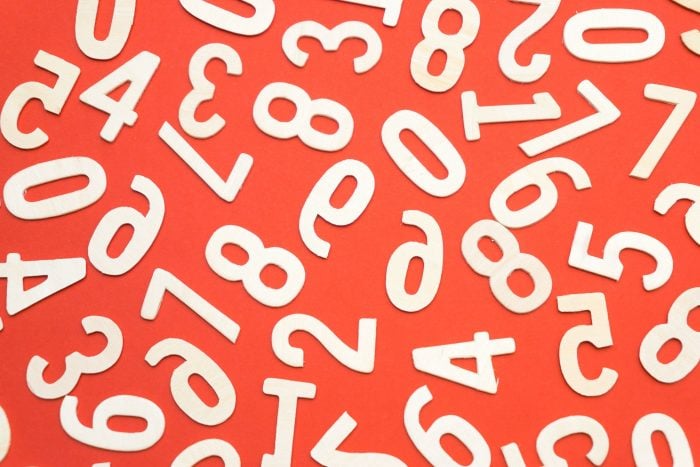Counting systems in different languages ranked by complexity
Another interesting link found on my favorite content aggregator, Reddit, shows one man’s research into the counting systems in different languages, and how some are more complicated than others. Creator Takaguchi Shinji is a mathematician at heart and wanted to show whether or not the common stereotype of Chinese students being good at math could be related to the supposed relative simplicity of their counting system.
As it turns out, the Chinese counting system is far more regular than that of English. In fact, Mandarin was rated 65th out of the 69 languages polled in terms of complexity, whereas English was placed 41st. Japanese and Cantonese were 66th and 67th respectively, showing that perhaps due to the simplicity of their counting systems and how numbers are formed, Asian children may have a slight advantage over English children when it comes to picking up early mathematical concepts.
It should be noted that Takaguchi’s sorting criteria is fairly unscientific -a lot of it is his own opinion from primarily studying the numbers through 1 and 100 in each language. The relative complexity of English is not so much down to the actual formation of the numbers – like most Asian languages it uses a strictly base-10 system (numbers are in groups of 10). English makes things a little harder by adjusting the factor of ten from the original number, and having slightly irregular words (one/eleven/ten, two/twelve/twenty, three/thirteen/thirty, etc.).
Chinese, in comparison, is entirely regular. There are distinct numbers from 1 to 10, and from then on, you make the number the exact same way, using the exact same words (e.g. 15 is “ten-five”, and 57 is “five-ten-seven”. So, if you can count to 10 in Mandarin and learn just a few more words (for “hundred”, “thousand”, etc.), you can essentially count to infinity.
Unsurprisingly, Esperanto – a language designed to be logical and easy to learn – has one of the simplest counting systems (rating 68th of the 69 languages polled). However, Tongan takes the cake in terms of utter simplicity – it is simply a per-digit system. 11 is “one one”, 56 is “five six”, and 100 is “one zero zero”. Once you’ve learned 0-10 in Tongan, you can literally count to whatever number you like.
The most complex language on the list, Huli (a language spoken in Papua New Guinea by some 70,000 people) is base-15, which seems highly unusual for anybody raised with the more common base-10 counting system. To make things more difficult, every group of 15 numbers has its own identifying word – so 23 is “15 and 8”, but 56 is “15 threes, plus 11 of the 4th set of 15”.
Sometimes a foreign language is foreign in a much more pronounced way than grammar, syntax and vocabulary. Something as common as counting in another language can take some serious getting used to.


